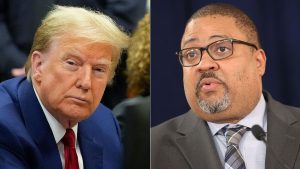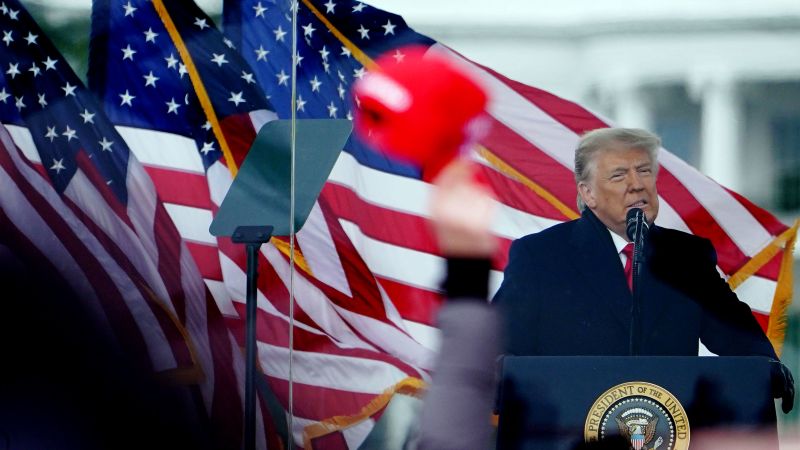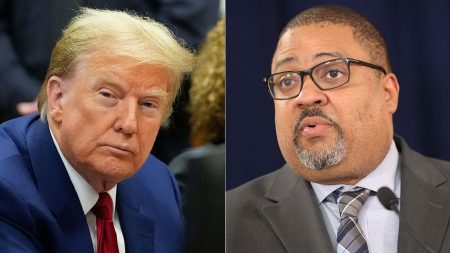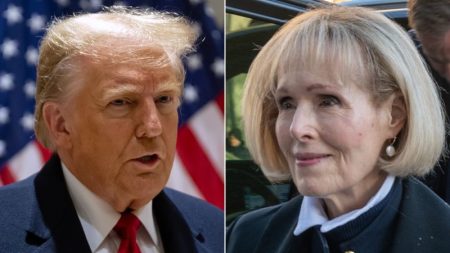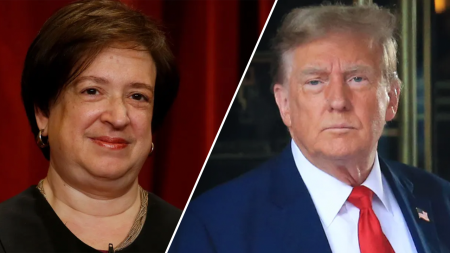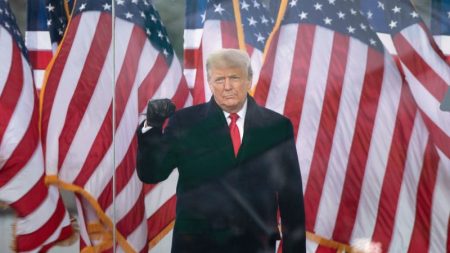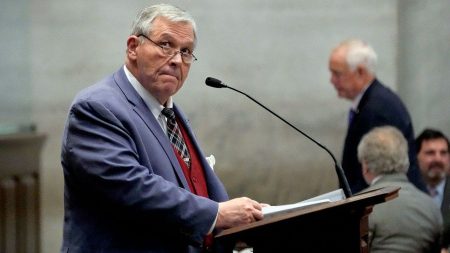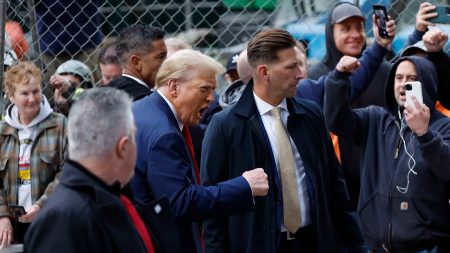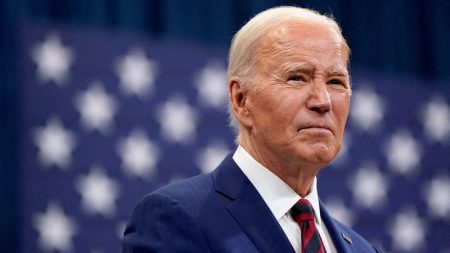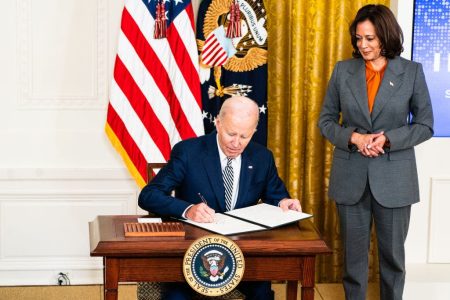The legal system’s ability to hold Donald Trump accountable for his actions following the 2020 election has been an ongoing topic of discussion in courts nationwide. The Supreme Court is set to address this issue, with the potential to diverge from previous court rulings on the matter. Lower court judges, appointed by presidents from both parties, have generally found Trump’s attempts to overturn the election results to be outside the scope of official presidential conduct.
The upcoming Supreme Court case will focus on whether Trump’s alleged election interference falls within the realm of his presidential duties and warrants immunity from federal criminal charges. Various courts in Washington, DC, Georgia, and California have considered the potential legal consequences for Trump and his associates for their actions in the aftermath of the 2020 election. Some rulings have allowed civil lawsuits against Trump to move forward based on the conclusion that his actions were unofficial and unrelated to his official duties.
In a separate appeal, Trump argued that his pre-riot remarks were related to public concerns about election fraud and thus part of his official presidential duties. However, the appeals court rejected this argument, stating that campaigning for re-election is not considered an official presidential act. Trump’s claim that he should be immune from prosecution for actions taken during his presidency has been refuted by judges in various legal disputes, including a Georgia election subversion case.
The 11th Circuit Court of Appeals rejected Trump White House chief of staff Mark Meadows’ assertion of federal immunity for his involvement in Trump’s election schemes. The court emphasized that Trump’s efforts to influence state election procedures did not constitute legitimate White House involvement. It also highlighted that Trump’s call with Georgia Secretary of State Brad Raffensperger, a key element in the case against Meadows, was made without involvement from the White House or the Department of Justice.
Trump’s defense at the Supreme Court includes arguments about the need for absolute immunity for former presidents to prevent politically motivated prosecutions. However, a federal judge in California previously described Trump’s actions as potentially criminal, particularly in relation to the January 6 Committee’s investigation. The judge ruled that Trump likely committed obstruction of an official proceeding and conspiracy to defraud the United States, charges that were eventually brought by special counsel Jack Smith.
Ultimately, the legal battles surrounding Trump’s post-election conduct have raised fundamental questions about the limits of presidential immunity and the accountability of public officials. The upcoming Supreme Court case will play a crucial role in determining whether Trump can be held responsible for his actions in attempting to overturn the 2020 election results. The rulings from lower courts and the arguments presented by both sides will shape the outcome of this high-profile legal battle and have broader implications for the balance of powers within the government.

